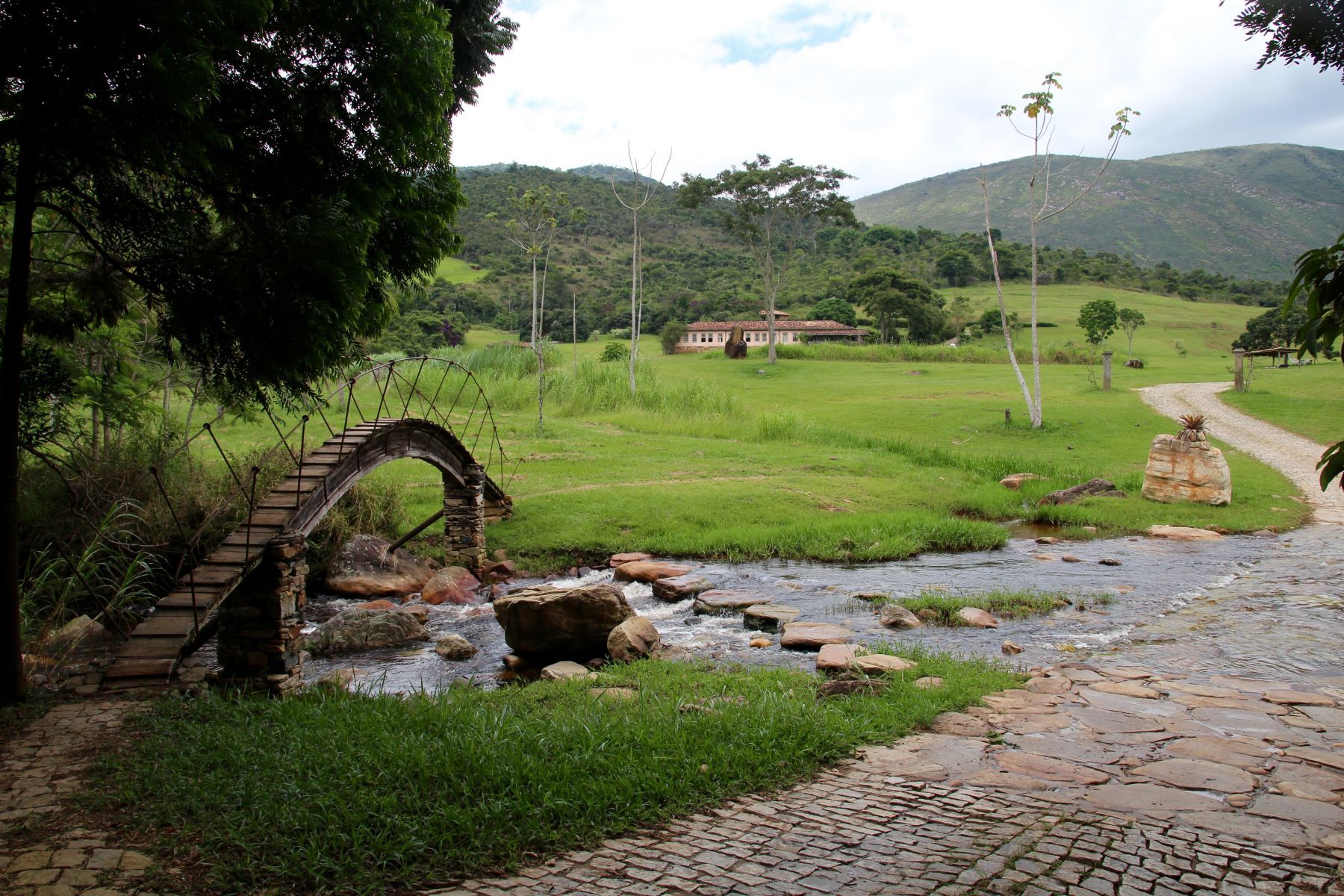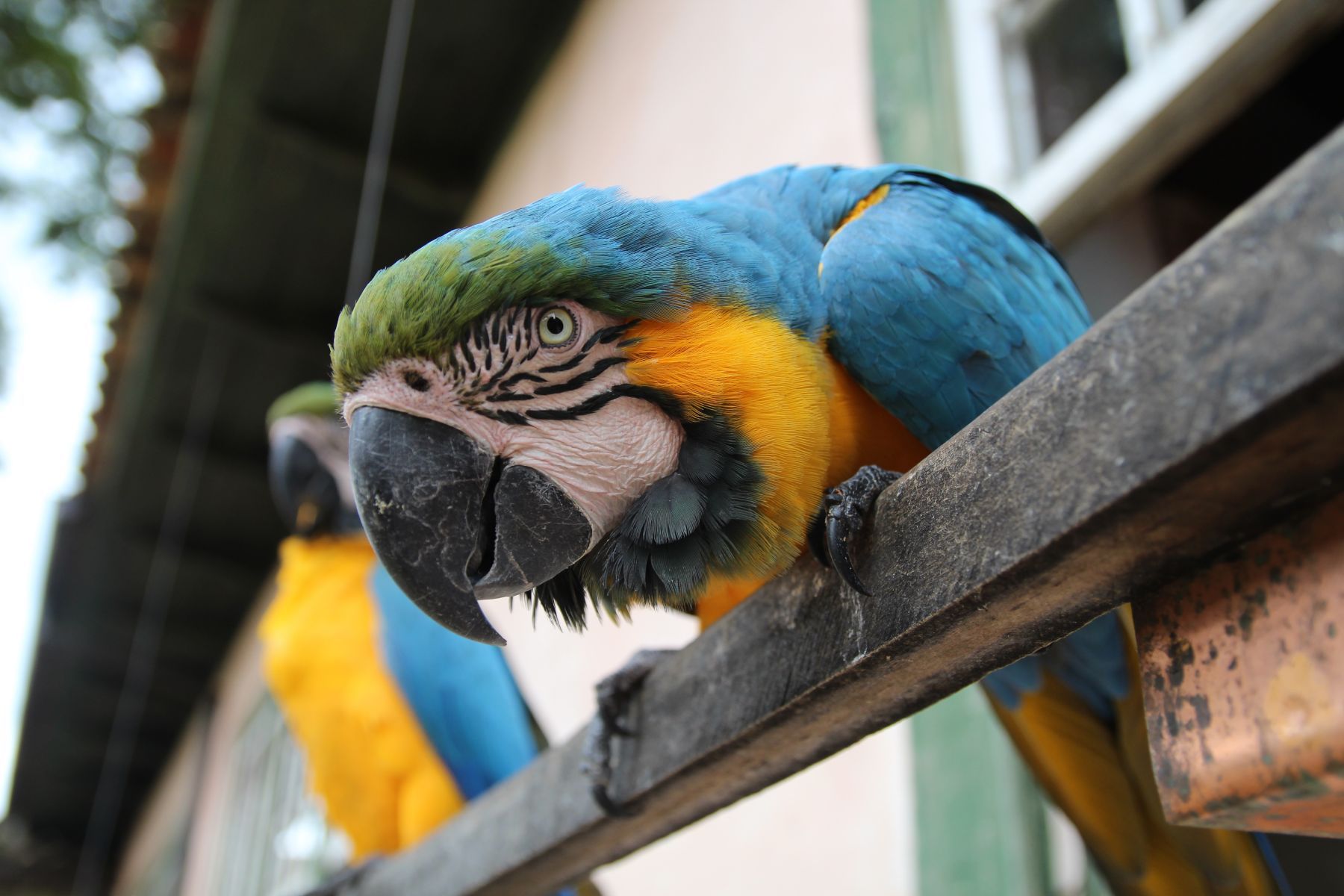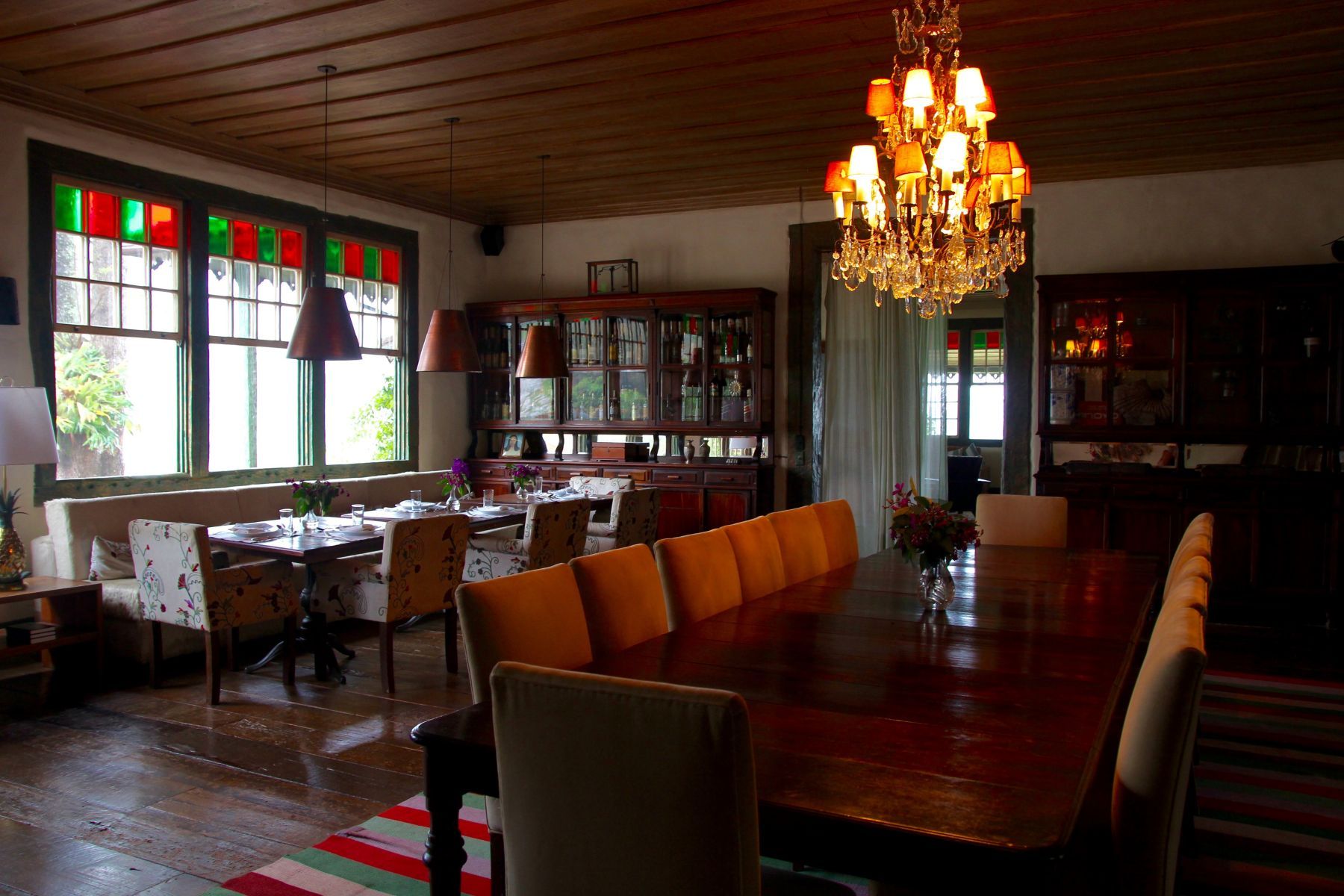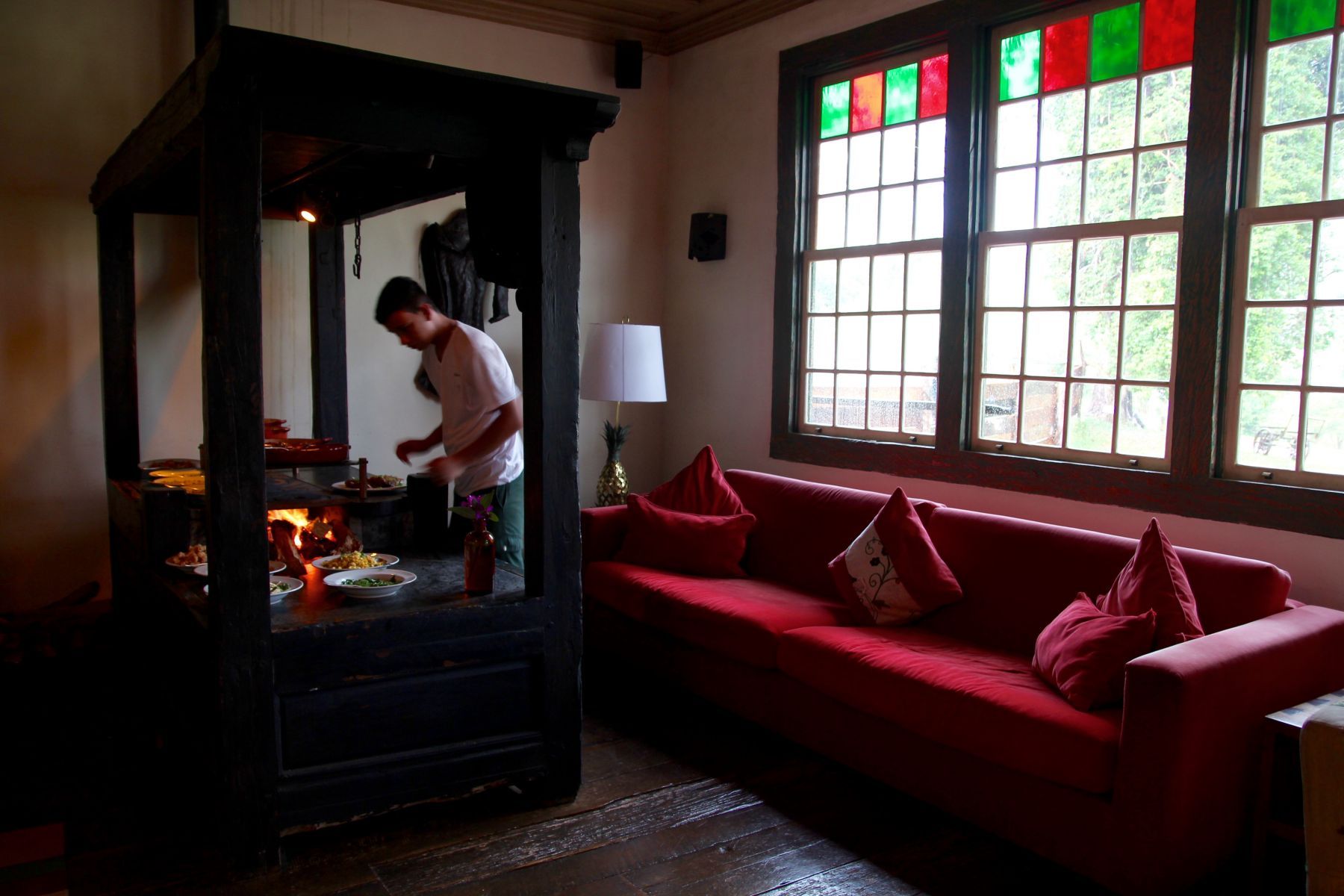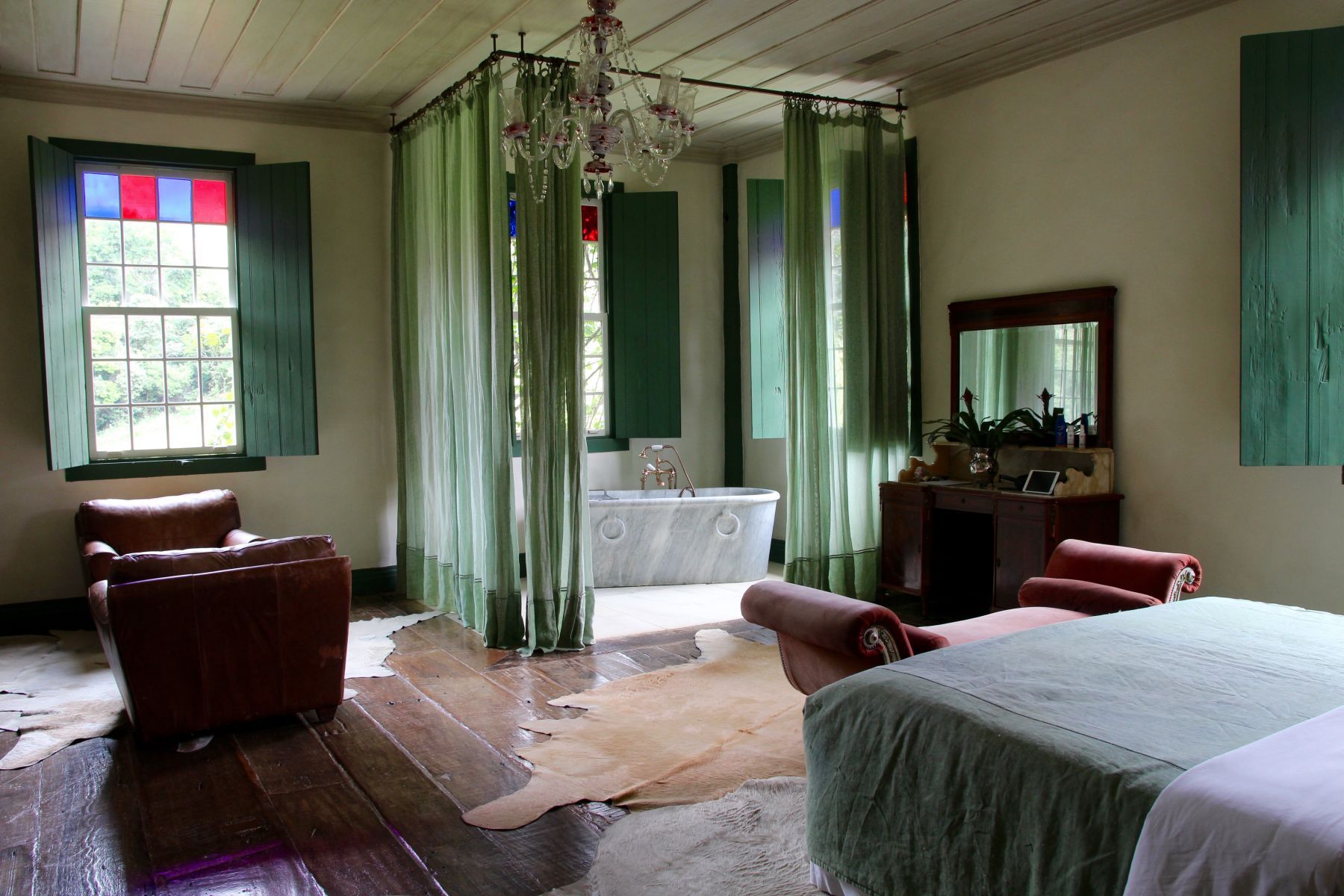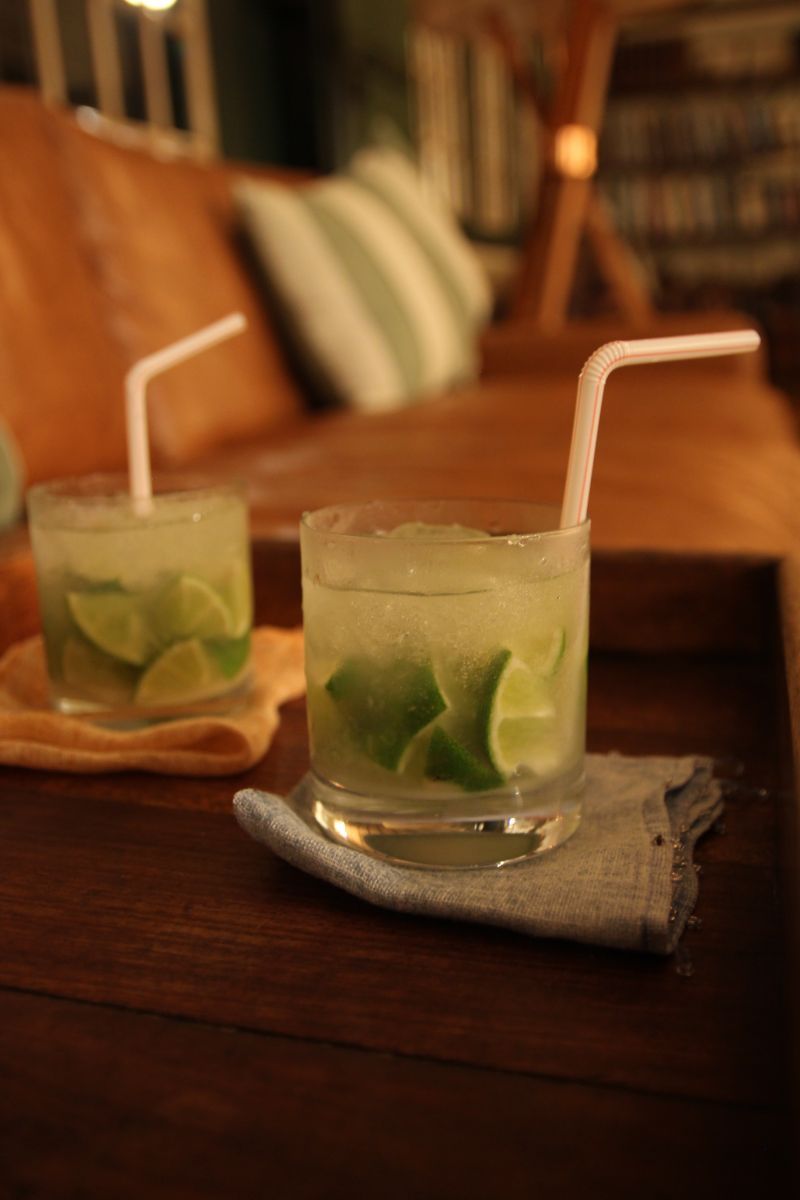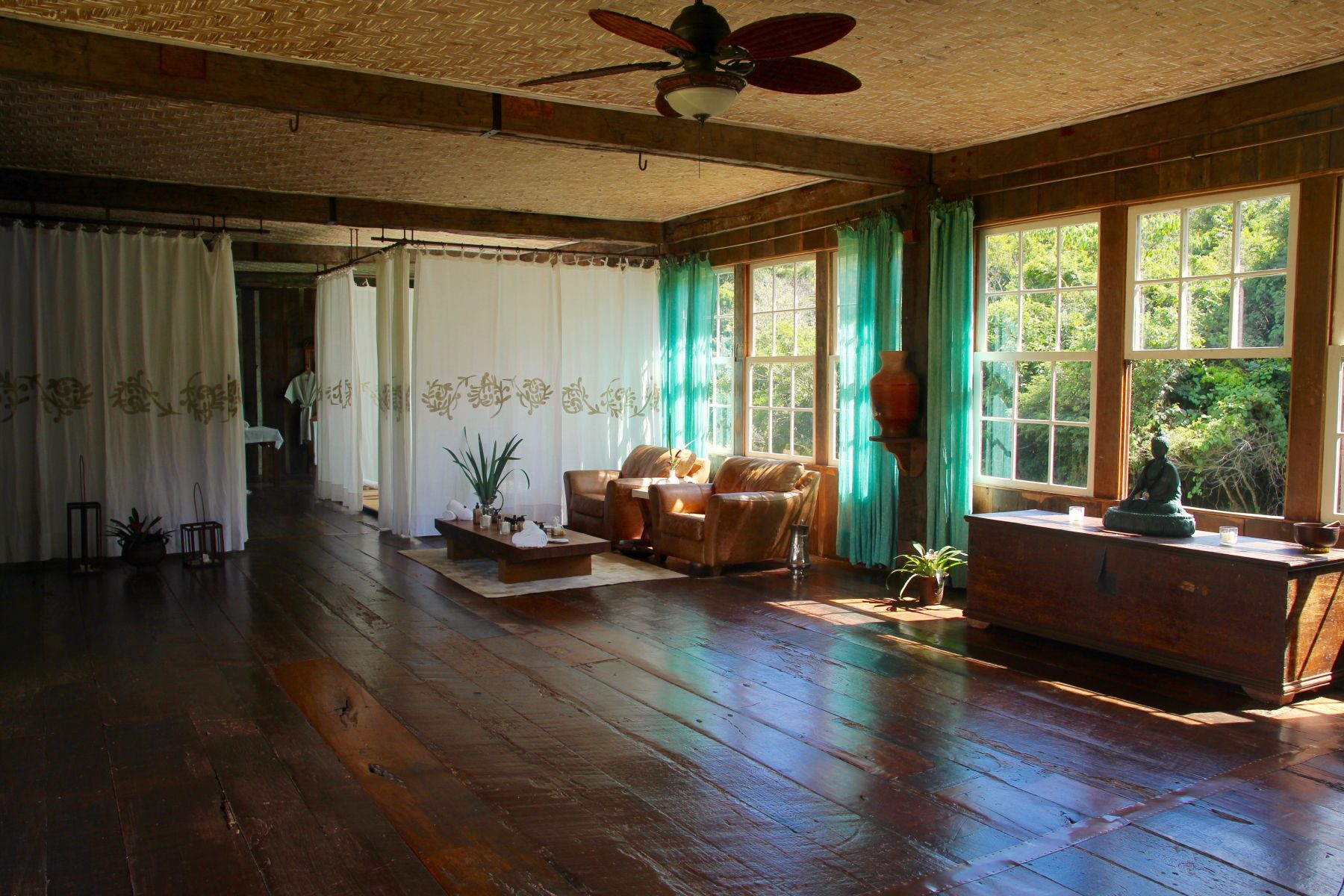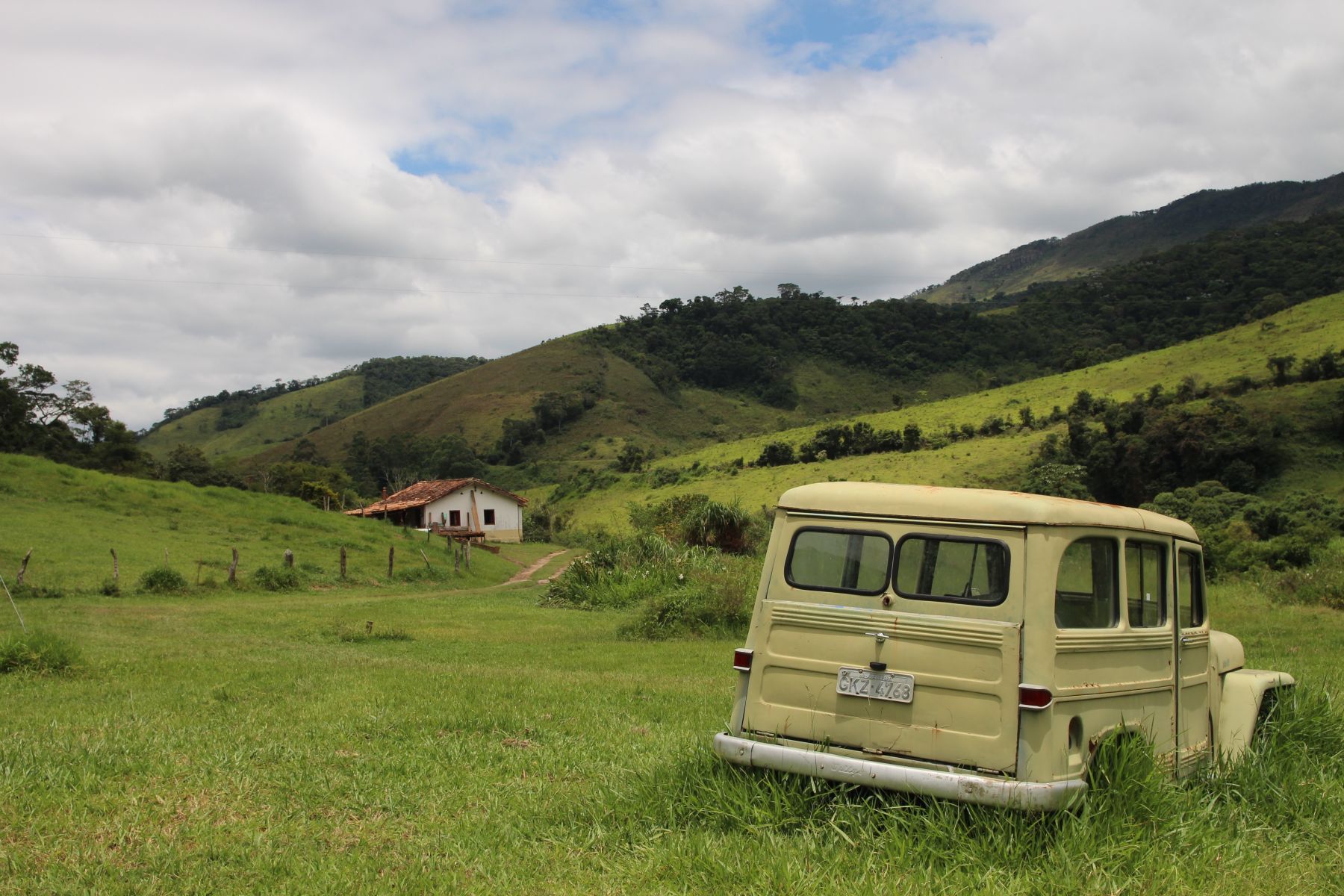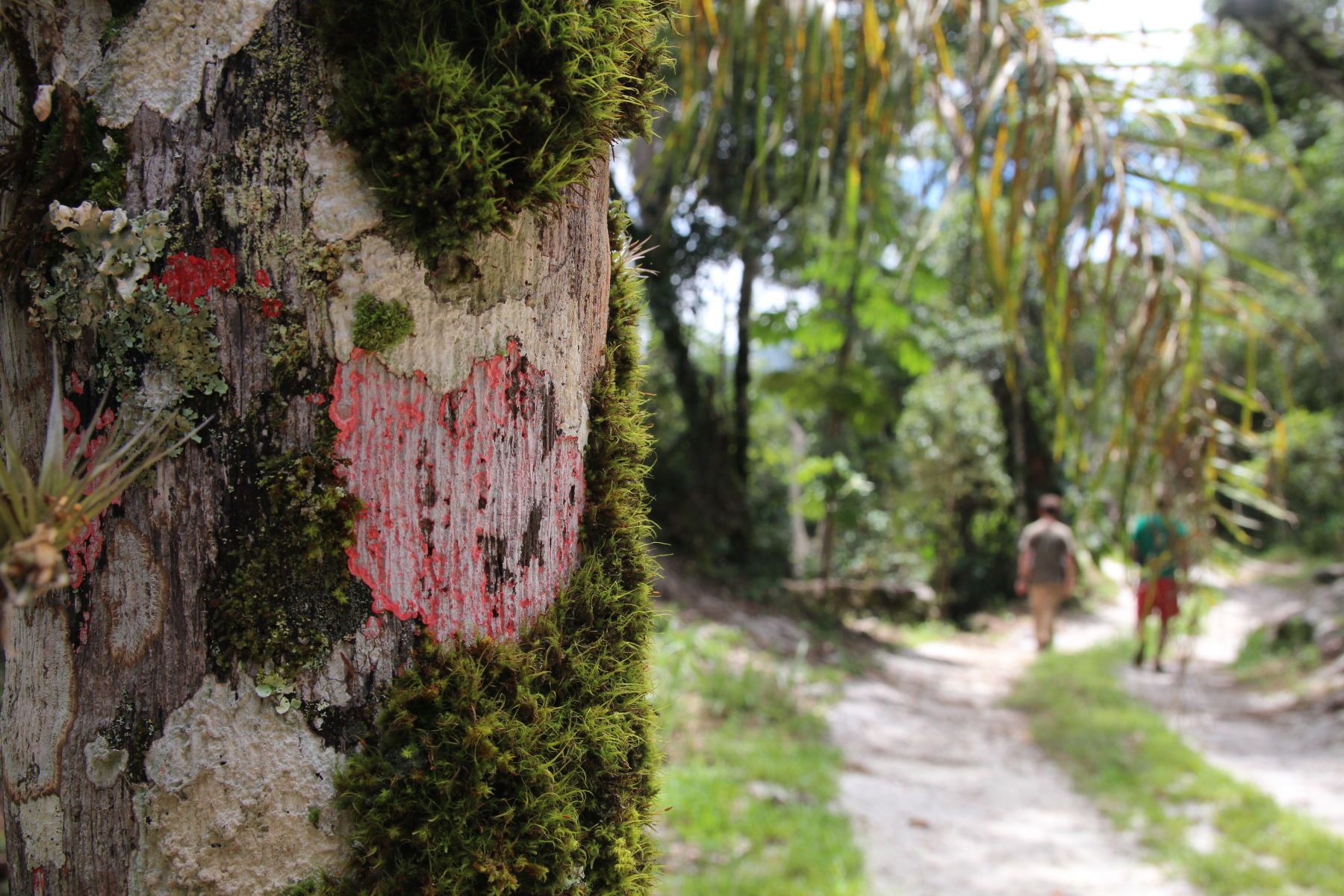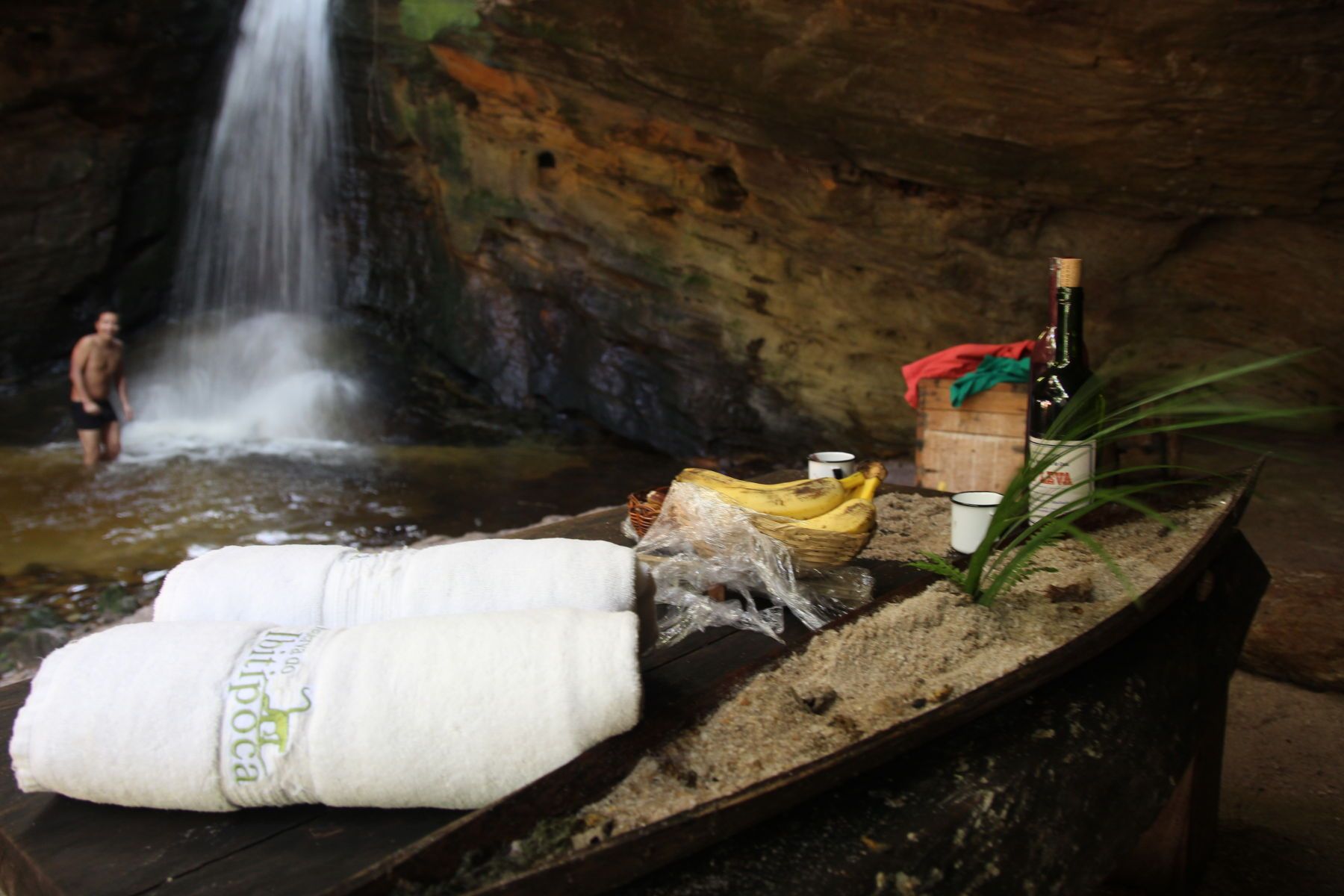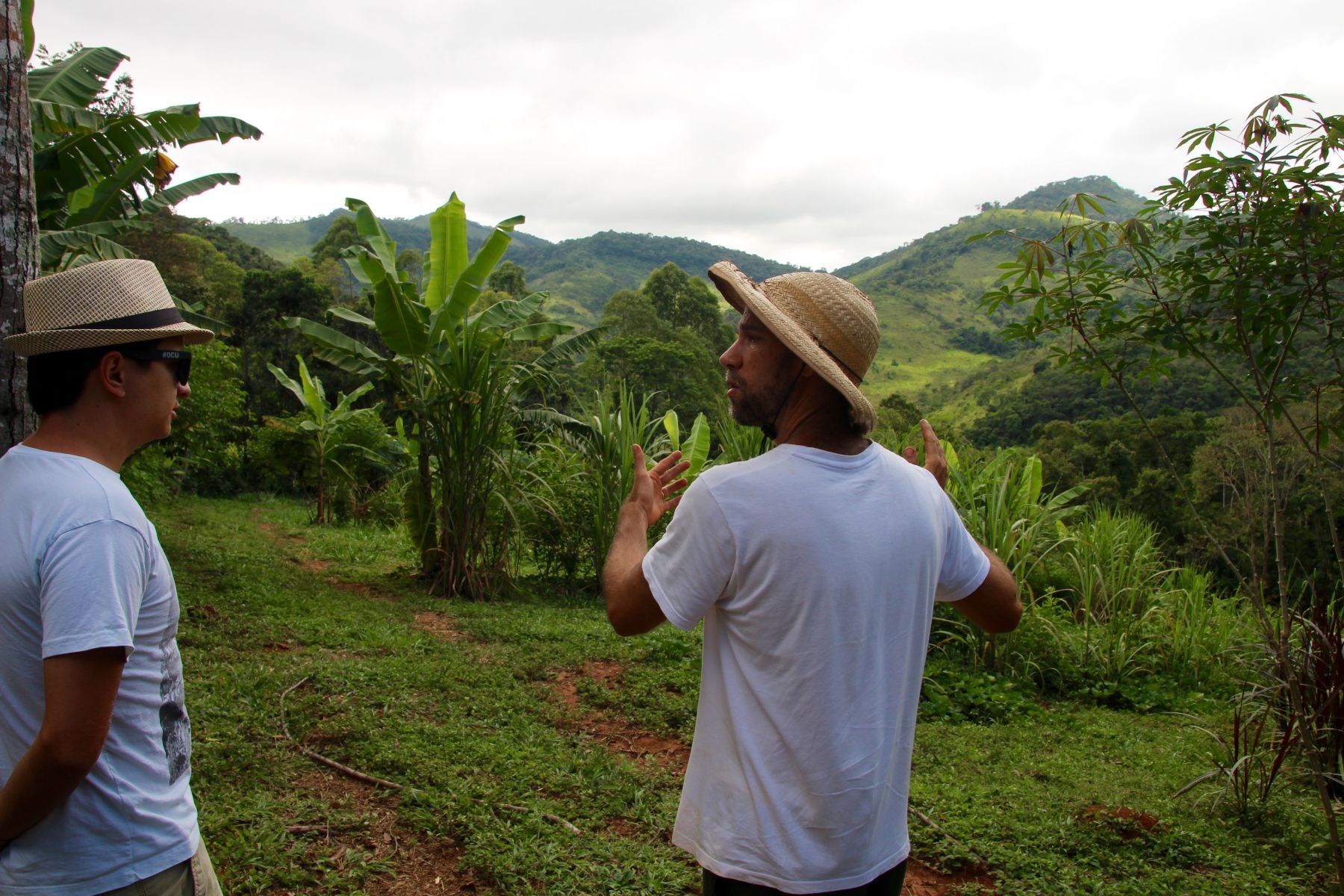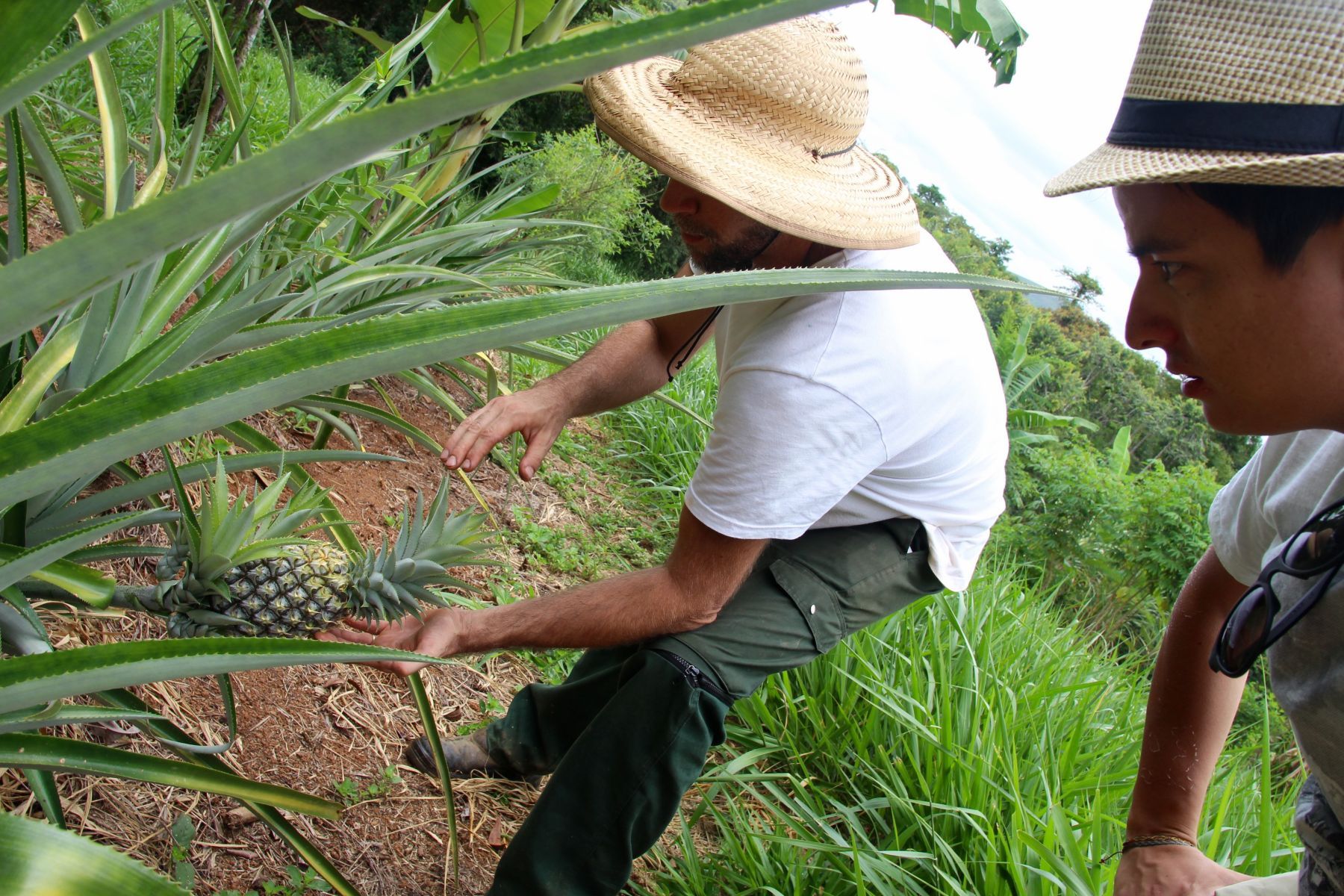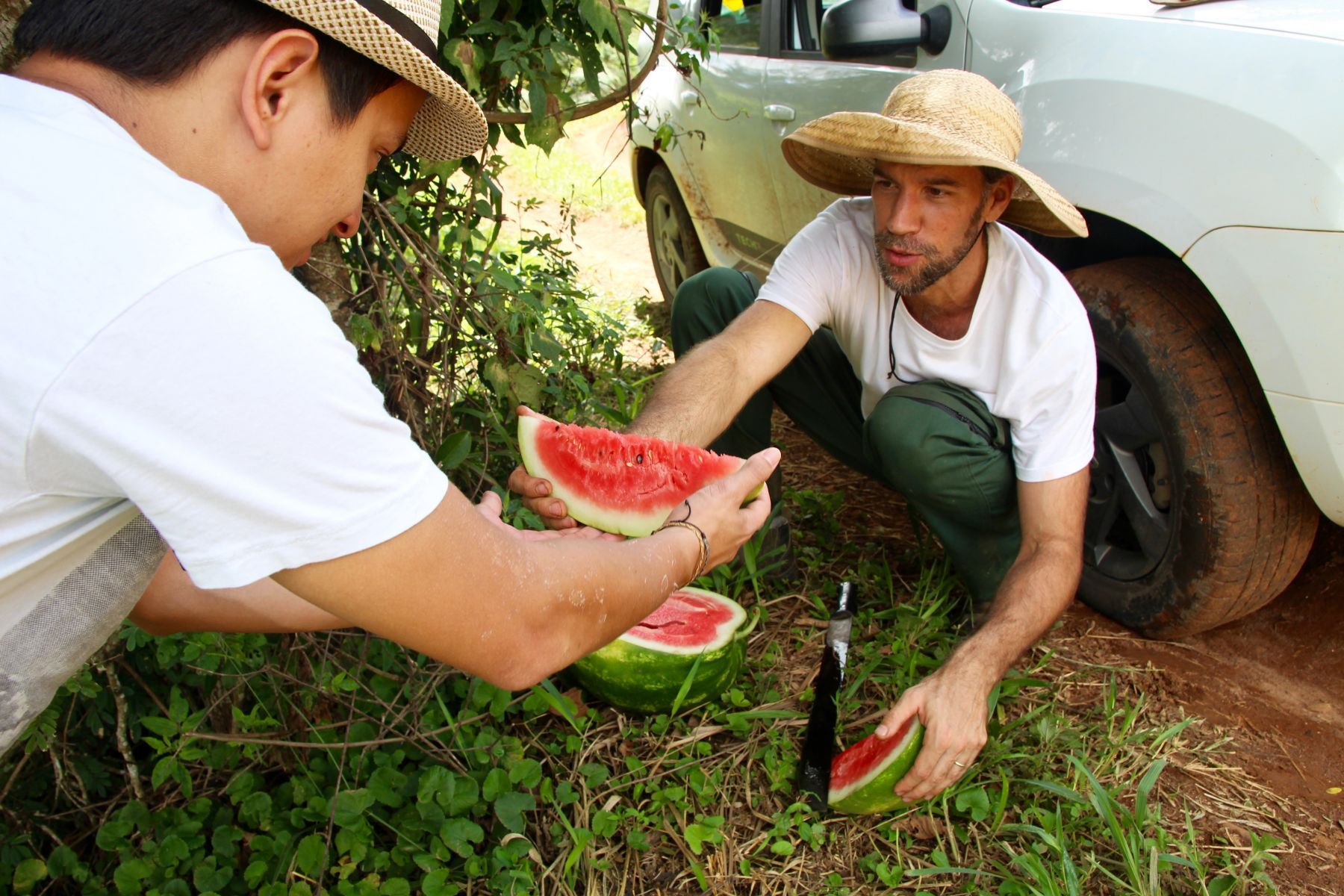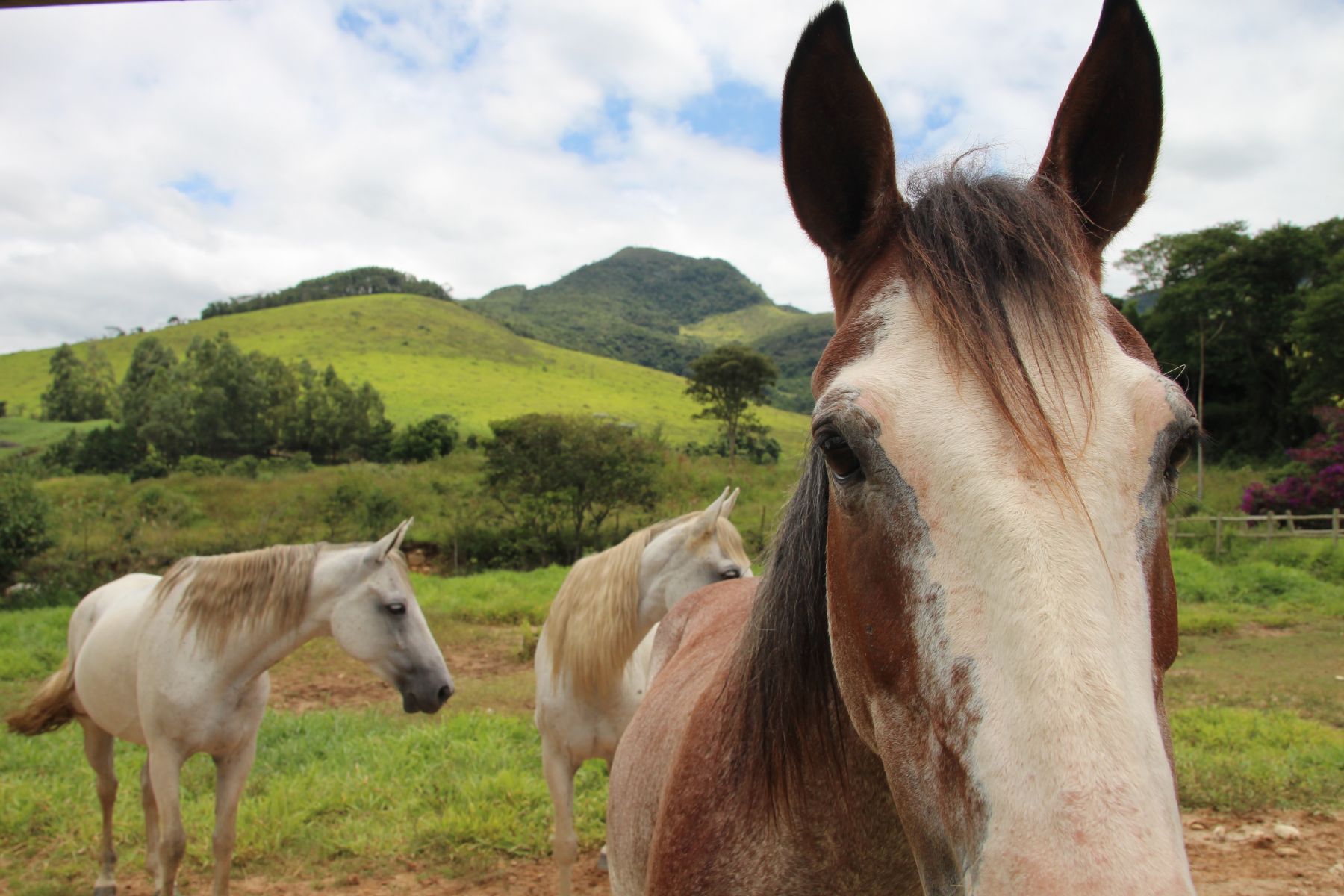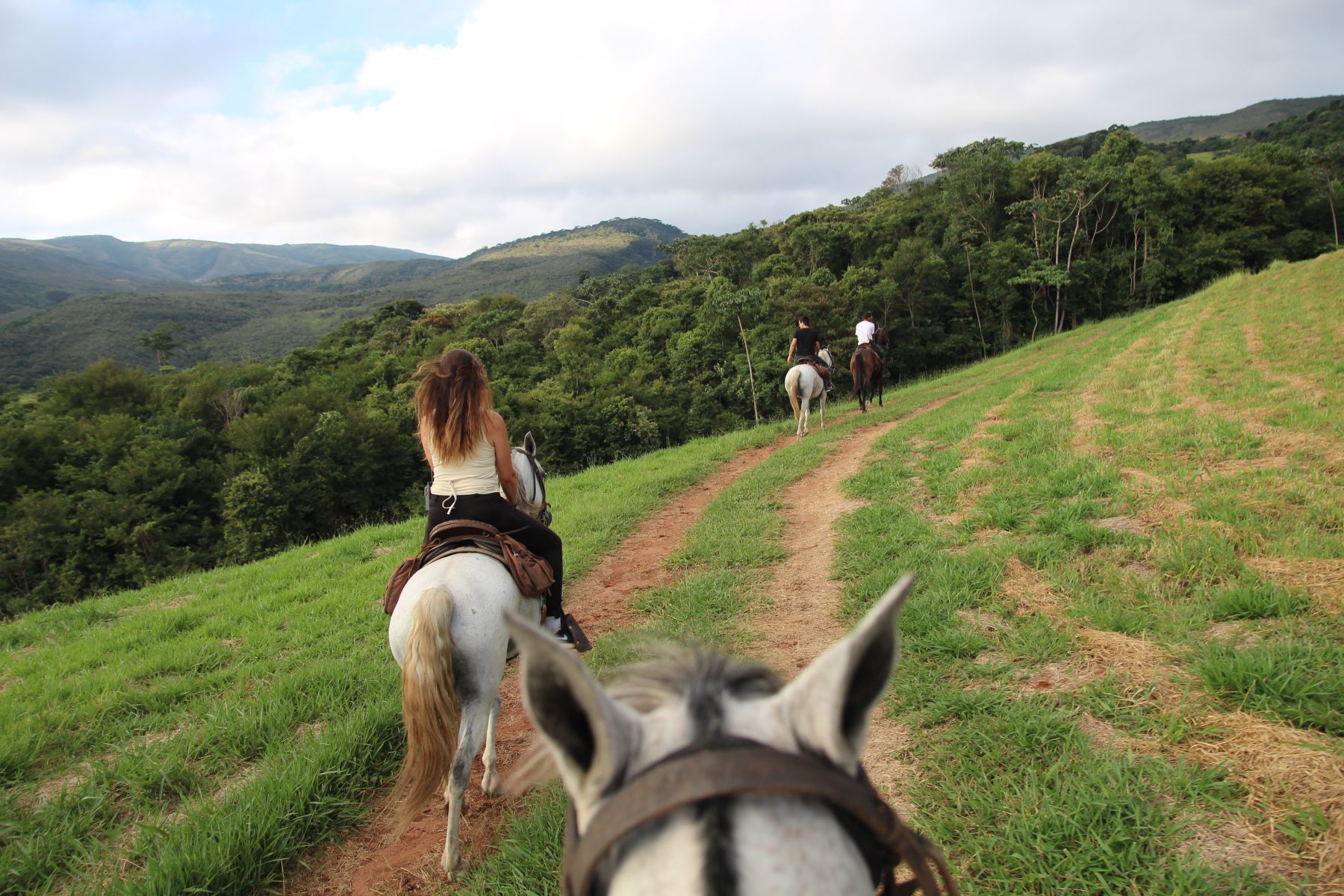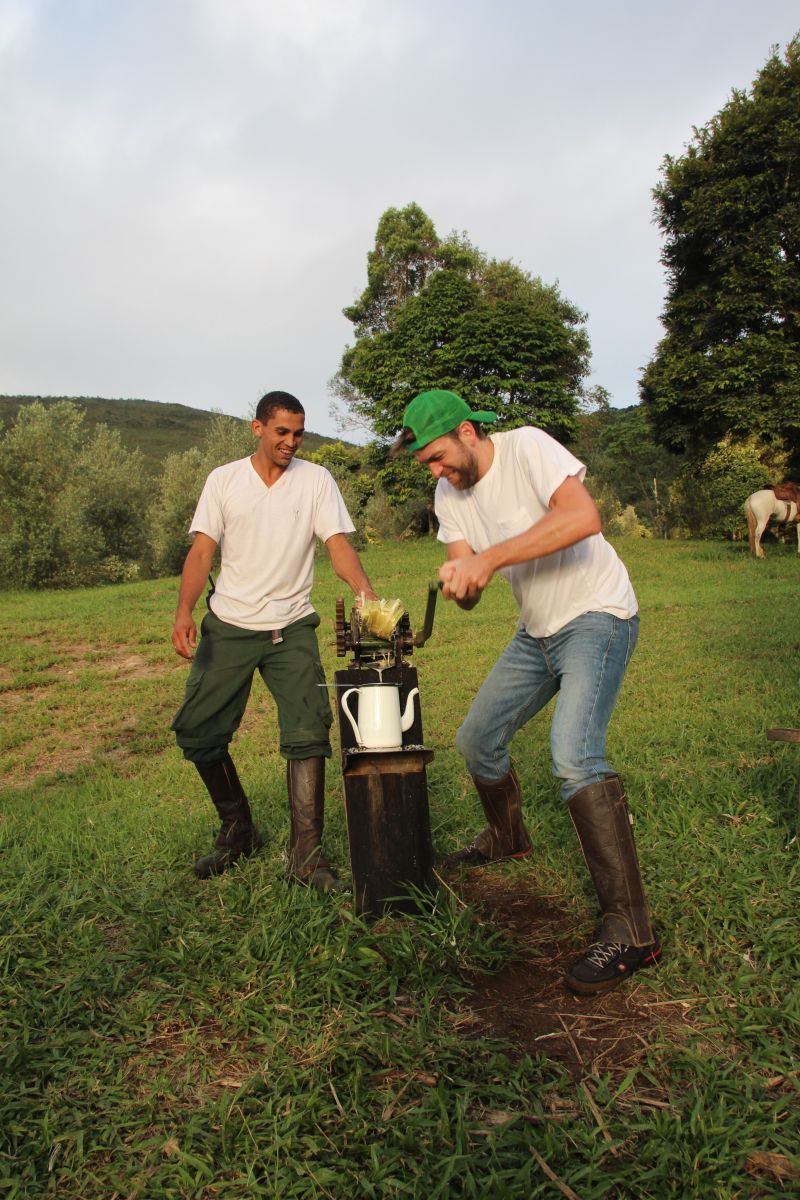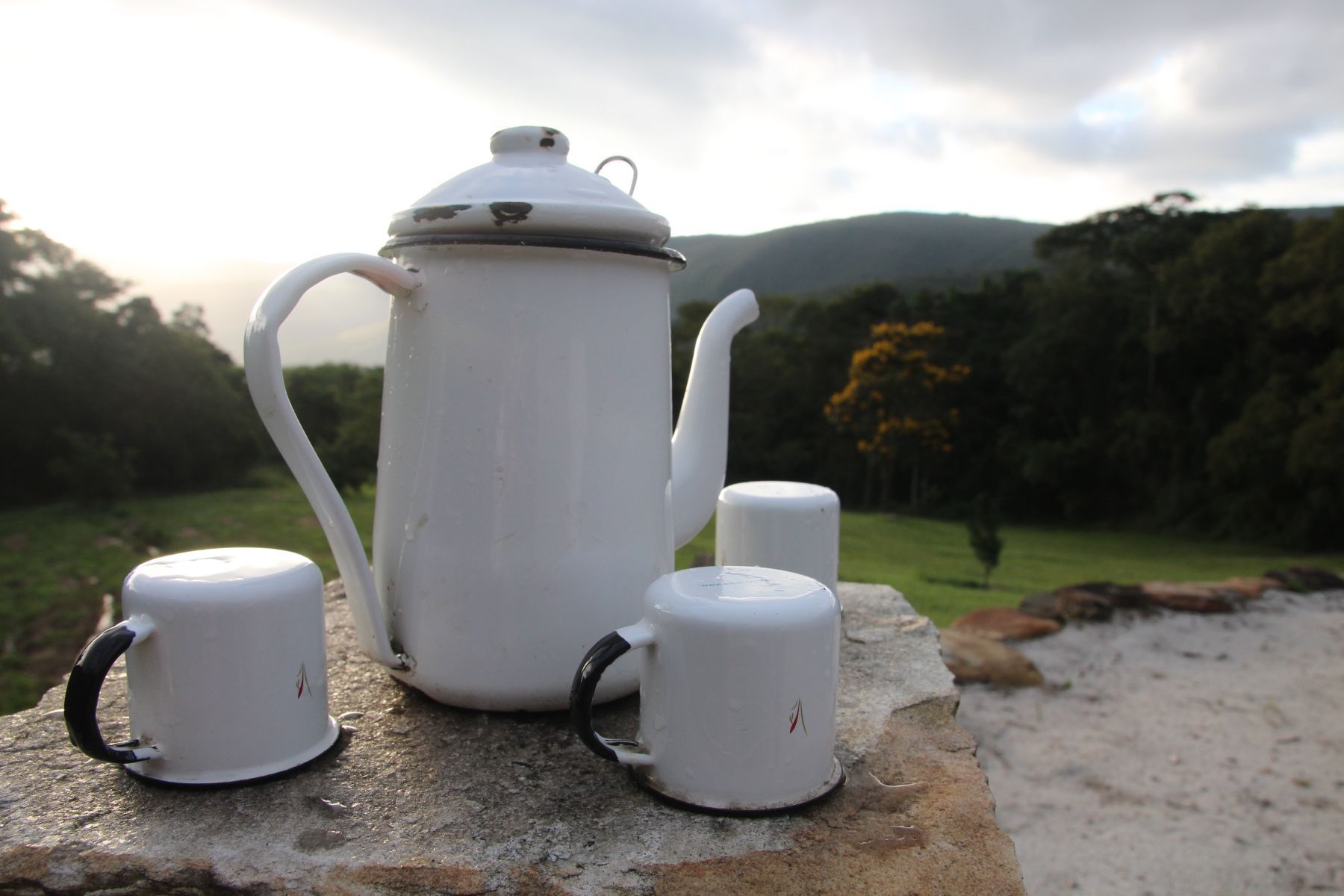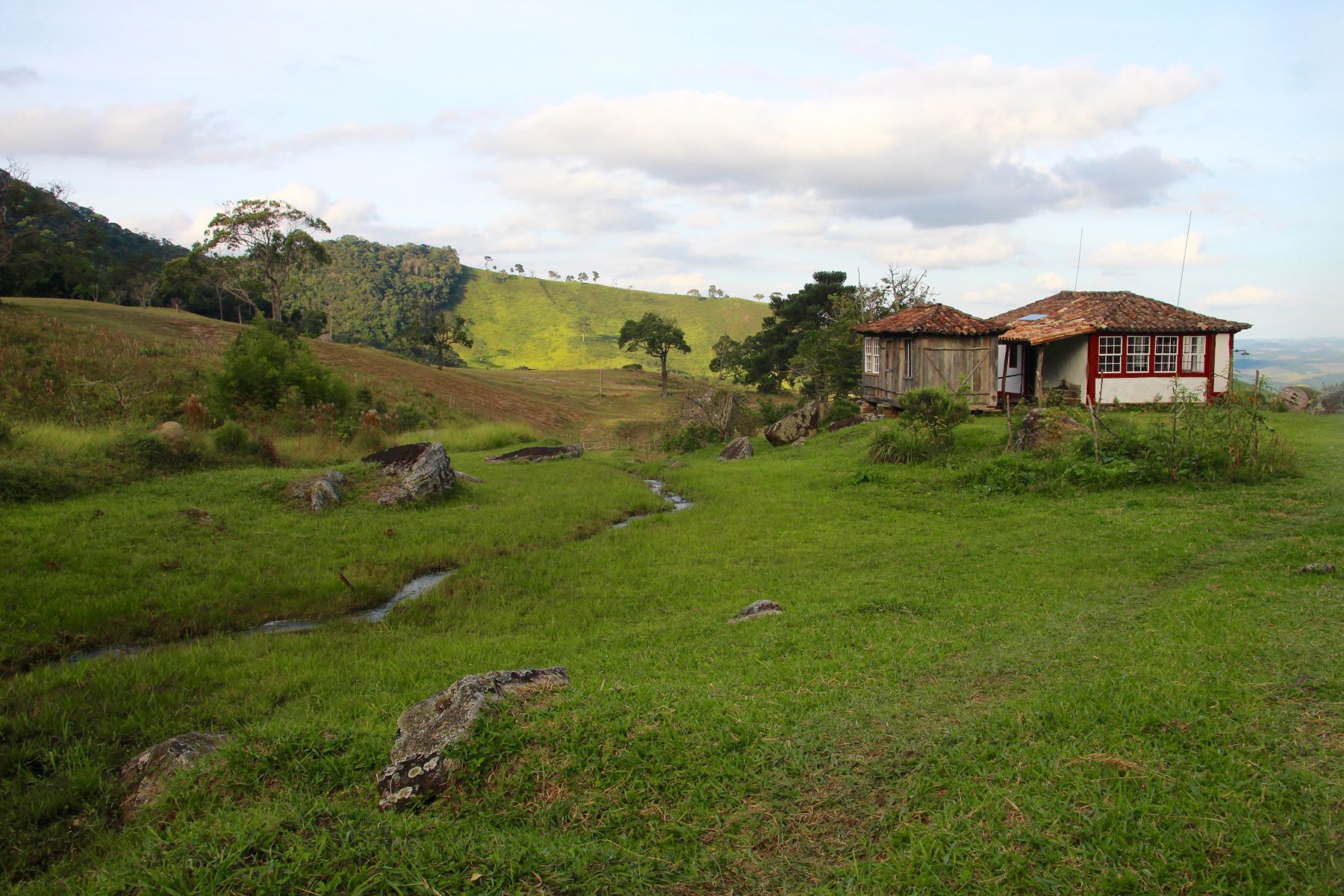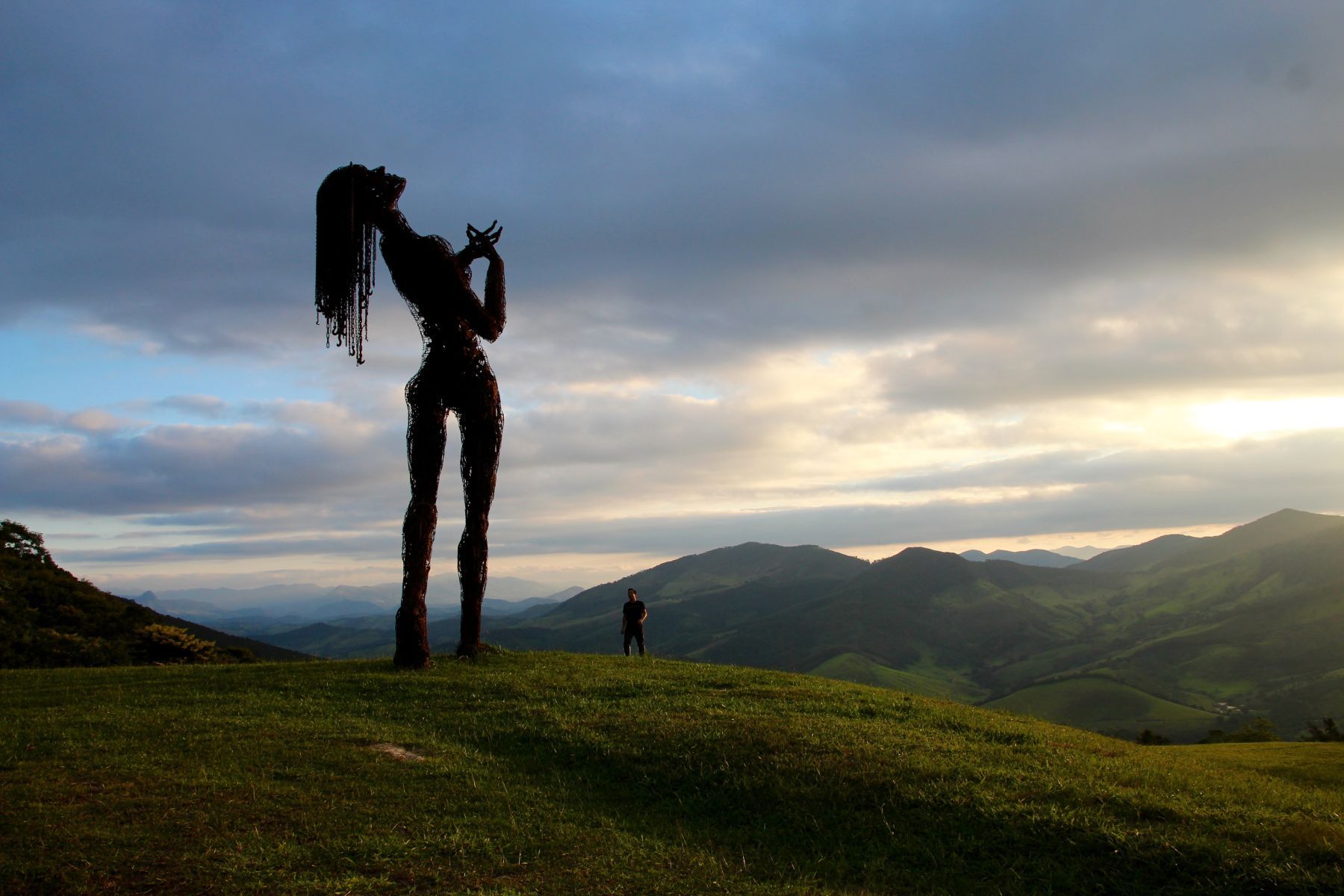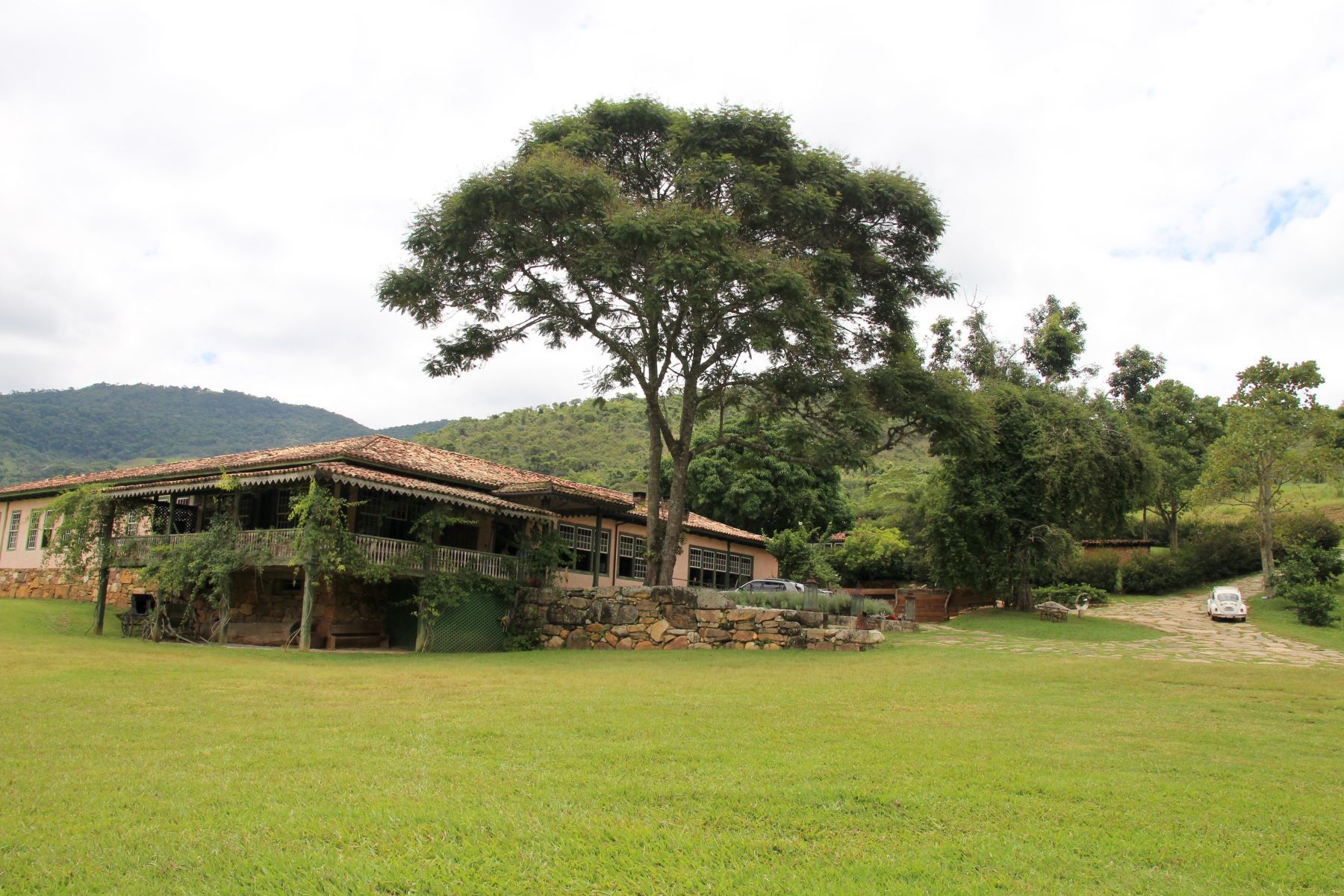Sustainability at Reserva do Ibitipoca
When Reserva do Ibitipoca’s owner, Renato Machado, purchased Fazendo do Engenho in 1981 his mission was to restore the native Atlantic Forest that once covered the area. However, in time, the sustainability efforts of the lodge grew and developed. While habitat restoration is still a key focus, the lodge staff are now also developing an agroforestry project, with the goal of producing all the lodge’s food on the property. This method of agriculture involves the simultaneous cultivation of farm crops and trees and does not disrupt the natural habitat. Not only can farmers constantly produce a crop, but their produce is healthier, grows more quickly, and has no need for artificial fertilizers or additional irrigation.
